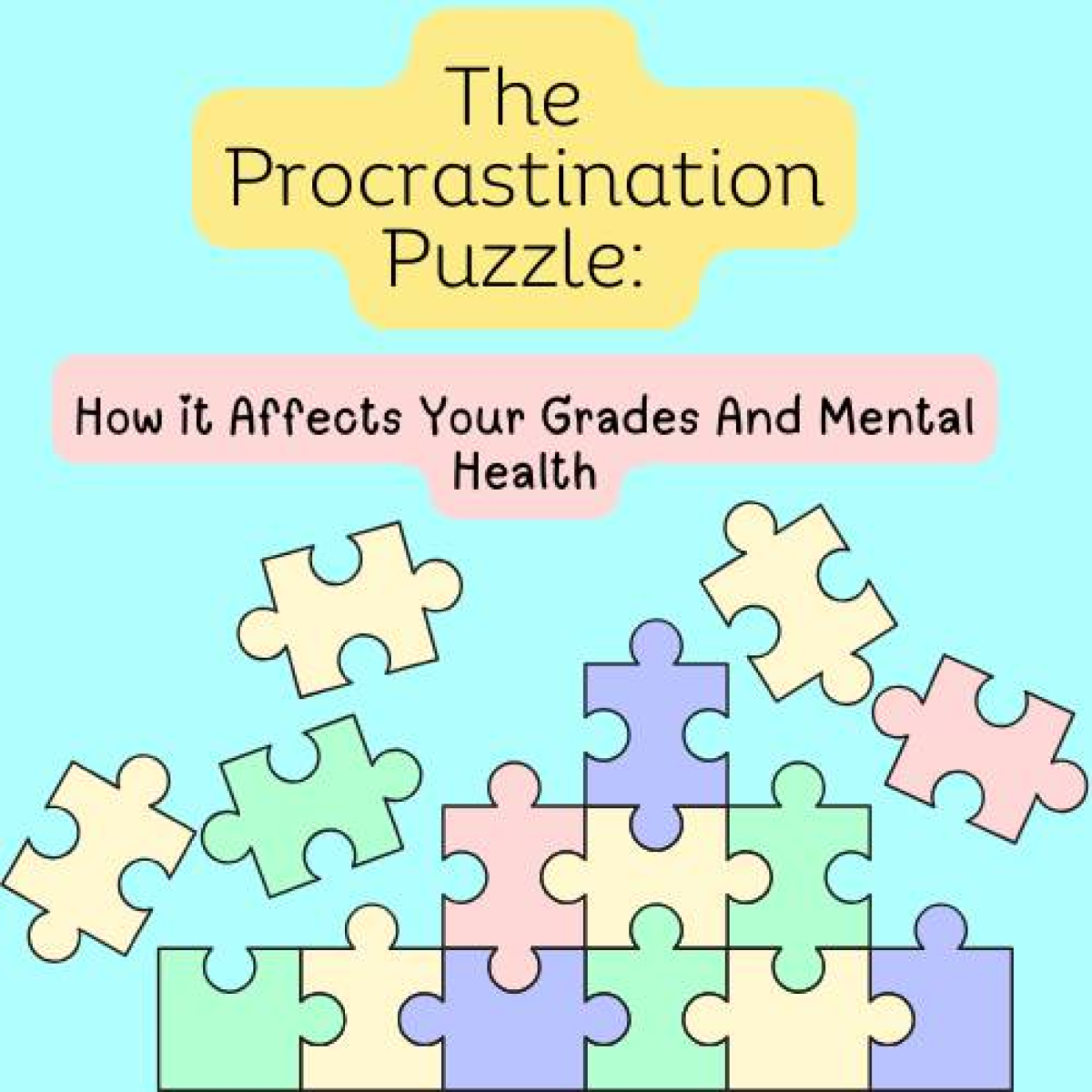The Pros and Cons of SAT Testing
To test or not to test? That is the question; a breakdown of the debate
In the realm of college admissions, the Scholastic Aptitude Test (SAT) has long stood as a benchmark for academic success for students. As education continues to evolve, so too does standardized testing in gauging a student’s preparedness for higher education. Although the test is almost necessary for students to take, it does pose questions about the exam’s effectiveness and what, if anything, could improve it.
How the SAT has Changed Over Time: For Better or for Worse?
On June 23, 1926, the first Scholastic Aptitude Test was administered to 8,040 students, and evolved from an Army IQ test (Where did the test, 2014). This initial exam not only provided a baseline quantifiable measure for college admissions, but also claimed to test “innate” intelligence (Carlton, 2022). The SAT today however, has come leaps and bounds, with new research, technologies, and curriculum making it the exam many dread as they reach their junior and senior years of high school.
The SAT has gone through several format changes over the years, the first being in 2006 when the SAT shifted to a 2400 point scale, including an 800 point writing section (Carlton, 2022). Then, in 2016, the test reverted to its original scale of 1600 points encompassing two primary sections: Math and Evidence-Based Reading and Writing (Carlton, 2022). This high school rite-of-passage however, changed once more in 2023, as a digital formatting took hold. This digital SAT is reportedly going to include more concise reading passages, alongside more direct questioning overall, making this new version an hour shorter than before (What’s on the SAT, 2024) .
The SAT Now
Over its more than 95 years of existence, the SAT has finally resulted in what it is today: as of 2024 it will be a fully digital reading, writing, and math test with a maximum of 1600 points to be earned with 800 each coming from the verbal and mathematical sections (DeGeurin, 2019). Surprisingly enough, the difficulty of this 11-12th grade test has been lowered due to an increase in time per question and a decrease in the overall time and questions in the exam. Despite this, the test seems to be waning in importance ever since the beginning of test-optional policies in the college admissions process. According to these, applicants to some colleges are no longer required to submit their standardized test scores via the Common APP (Bauer-Wolf, 2023). This may seem as a relief to many high school students, however it is important to note that these colleges may favor those who include a great SAT score along with their application (The Role of Your SAT Score, 2024). Overall, the test seems loved by some, hated by others, but dreaded as a majority. Let’s break down the pros and cons of the exam.
Pros of the SAT
With its namesake, we can assume that this standardized test does indeed standardize test scores from students around the nation. As mentioned earlier, this is crucial to the admissions process as this one factor can serve to eliminate the majority of students that may not fall within that school’s benchmark. Whether this can be seen as a positive or negative, it is a positive to many admission offices as it is extremely helpful in whittling down the potential freshman to those that fit this standard.
In addition to this standardization, the format of taking these seemingly “all-or-nothing” exams remains important for students pursuing careers where great scores on specialized exams, such as the MCAT or the LSAT, are required for those looking to become successful in their respective fields. Despite the obvious content differences, the SAT serves as a good standard of the studying process and effort required to achieve that goal score, along with simulating the pressure of that “make-or-break” environment that is test day.
Regarding the importance of studying, some iUniversity Prep students even take advantage of the opportunities posed by exams such as these. For instance, Marcus Bamber has been able to establish a Youtube Channel dedicated to SAT math practice, covering a multitude of tested concepts and can be found here. From the opportunities that it creates and the habits that it allows students to practice, when perceived from a different light, the SAT can pose essential skills that can aid students in their future pursuits.
Cons of the SAT
Although the SAT has its benefits, it comes with many disadvantages. The exam has been questioned about its actual effectiveness and if it indeed prepares students for higher education. Even if the test may not be as good at determining college readiness as other exams, the test has a great impact on a student’s application, since the SAT score is one factor that can serve to eliminate the majority of students from getting into a college. This can put a lot of pressure onto students as it has a great impact on the chance of acceptance.
Over the years and each round of revisions, the overall goal has remained the same: your SAT performance should be a relatively accurate reflection of your college and career readiness. This, however, has been a point of contention for many SAT test-takers, with some asserting College Board’s dominance as an interfering factor with this seemingly wholesome goal. The hidden costs enveloped in today’s SAT testing, for example, are what many believe to be evidence of this interference. For the average American teenager planning to take the SAT, they not only have to pay the basic testing fee of $55, but if planning to receive the “Question and Answer Service,” which shows students which questions they missed, they have to pay an additional $16 (Test Fees, 2024). At face value, this might not seem like a lot, but when you begin taking the exam multiple times, the costs begin to add up. These costs rear their ugly head once more when the student reaches senior year. When applying to college, if you choose to submit your SAT scores, you must send them through the verified College Board system electronically. You guessed it: you have to pay for this too. In order to send your scores to colleges, you will be required to pay $14 for a score report, this being per college, and on top of this, tax and rush fees may be applied (Test Fees, 2024). Considering most students apply to at least 8-10 colleges, this certainly adds to the cost.
Now what does this say about the SAT? Is it truly the across the board merit measure colleges value, or is it just another inconvenient expense within the college admissions process? In a world where most colleges are test-optional, it appears that the SAT might not hold as much weight as it once did. But is it still important today?
What You Should Takeaway
There is much to consider when it comes to the SAT. The standardized test presents a complex landscape of advantages and drawbacks. Some may argue that the pros outweigh the cons and vice versa. Regardless of this, the SAT still provides an opportunity for students to showcase their academic prowess beyond their GPA and still stands as a necessity for many looking to pursue higher education in the United States.
Works Cited
Public Broadcasting Service. (n.d.). Where did the test come from? – the 1926 sat | secrets of the SAT | frontline. PBS. https://www.pbs.org/wgbh/pages/frontline/shows/sats/where/1926.html
Carlton, G. (2022, August 15). A brief history of the SAT: Bestcolleges. BestColleges.com. https://www.bestcolleges.com/blog/history-of-sat/
What’s on the SAT. What’s on the SAT – SAT Suite | College Board. (n.d.). https://satsuite.collegeboard.org/sat/whats-on-the-test
DeGeurin, M. (n.d.). Here’s how the SAT has changed over the past 90 years and where it might be heading. Business Insider. https://www.businessinsider.com/how-the-sat-has-changed-over-the-past-90-years-2019-8
Bauer-Wolf, J. (2023, March 30). College applicants still aren’t submitting SAT, ACT scores at pre-pandemic levels. Higher Ed Dive. https://www.highereddive.com/news/college-applicants-still-arent-submitting-sat-act-scores-at-pre-pandemic/646328/#:~:text=Overall%2C%20more%20than%201%2C800%20colleges,historically%20never%20asked%20for%20scores
Sharmila. (2024, January 9). The role of your SAT® score in college admissions. UWorld College Prep. https://collegeprep.uworld.com/blog/how-sat-score-impacts-college-admissions/#:~:text=Yes%2C%20they%20do!,the%20top%2025%20US%20colleges
Test fees. SAT Test Fees – SAT Suite of Assessments | College Board. (n.d.). https://satsuite.collegeboard.org/sat/registration/fees-refunds/test-fees























